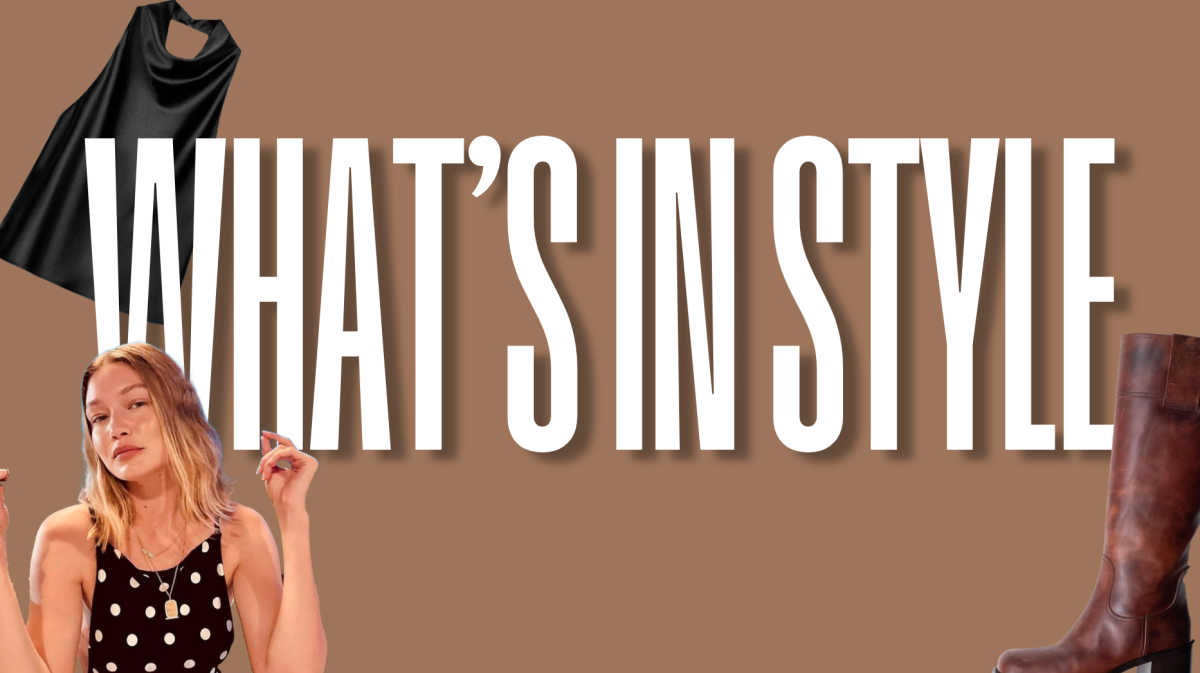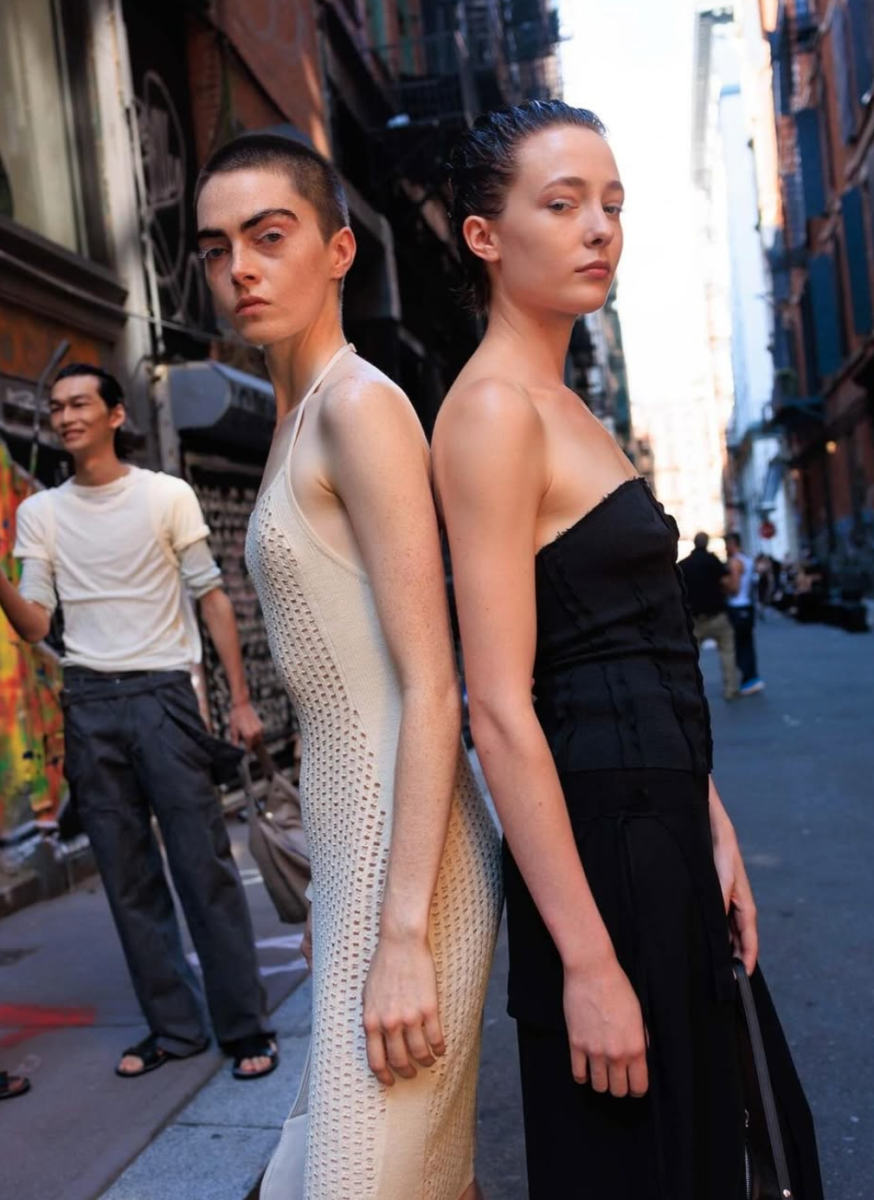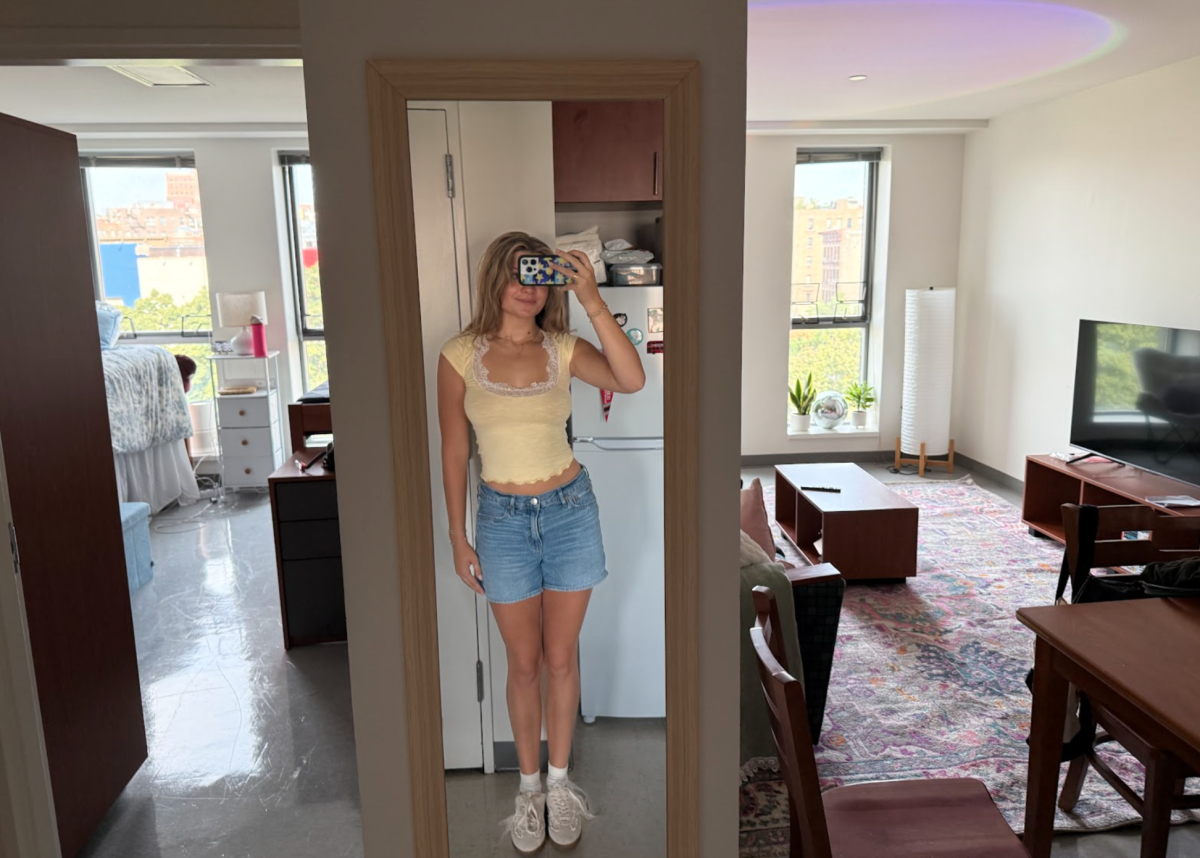By Kwamesha Joseph

In the midst of social justice and women’s empowerment movements, people are becoming more aware of the ways in which influential clothing and lifestyle brands contribute to societal issues such as body shaming and the degradation of women.
Joining brands like Dove and Modcloth, world acclaimed lingerie brand Victoria’s Secret and American Eagle’s lingerie Aerie have been making headlines because of their recent actions that seem to advocate for a more body positive shopping atmosphere.
Body positivity has been a popular topic in mainstream media over the past few years. With the rise in the facility and popularity of online shopping, people often complain about seeing the same kind of unrealistic and unattainable body shapes when shopping for clothing.
Many bemoan how retail stores use heavily altered photos of their models and, in doing so, create unrealistic body standards that are detrimental to the self-esteem of women and young girls. “I’m kind of at the point where I just assume that everything I look at is Photoshopped, and even if it isn’t, you can tell that companies pick the most conventionally attractive person they can find,” said Kayla Sanchez, FCRH ’18.
Some students believe that the way in which a brand showcases their products affects how many people actually choose to add items to their online shopping carts. “I think that most people look at the advertisements for clothing holistically, and the more realistic the models looks, the more likely people will be to buy it,” Alexandra Kopec, FCRH ’17, said.
In 2014, Aerie launched a new campaign called AerieReal that was intended to combat and “[challenge] supermodel standards.” The brand chose to do that by featuring models in their natural glory. The models are said to be un-photoshopped in order to celebrate the different shapes and sizes that women come in.
“The team got together and just said, ‘What’s happening today with millennials and the next generation?’ Aerie’s president, Jennifer Foyle said in an interview with Business Insider. Since that year, sales have continued to skyrocket as the Aerie customer base is growing and becoming more inclusive.
Iskra Lawrence, AerieReal’s brand ambassador, later said in an interview with US Weekly, that the brand is providing young girls with the opportunity to “be able to relate to a mainstream campaign.” Today, Aerie continues to release un-photoshopped images of their models to the public and the brand continues to see an increase in sales revenue.
In terms of brands that advocate for body positivity, Victoria’s Secret is usually never at the top of the list. In fact, Victoria Secret has been widely criticized for being a notoriously exclusive brand that does not appreciate and represent the many body types that women have.
In a recent photoshoot for the brand’s new three million dollars Fashion Show Bright Night Fantasy Bra, the brand released a photo of Victoria’s Secret Angel, Jasmine Tookes, that was not as unrealistic as people might have expected it to be. The model has visible stretch marks on her thigh in the photos, which is something that is typically not seen on the brand’s website and magazines.
While the brand has not issued any statement regarding the release of Jasmine Tookes’ photos, some students see what could have potentially been an oversight as a step in the right direction.
“I think that photographing women and releasing untouched photos is what should have been taking place for years now,” body positive advocate, Natalie Erasme, FCRH ’18 said. “The media and fashion industry puts a lot of pressure on individuals to have a perfect body type that doesn’t even exist. Women have stretch marks, women have love handles. I think that these untouched images are a step forward because representation really matters.”
This shift in cultural attitudes has changed how the fashion industry is building and maintaining its customer base. The way in which people perceive beauty is evolving rapidly, and there has been a surge of people who are commending retail stores for beginning to repair the toxic relationship with body image many people have found themselves in because of the unrealistic beauty standards they convey.










































































































































































































